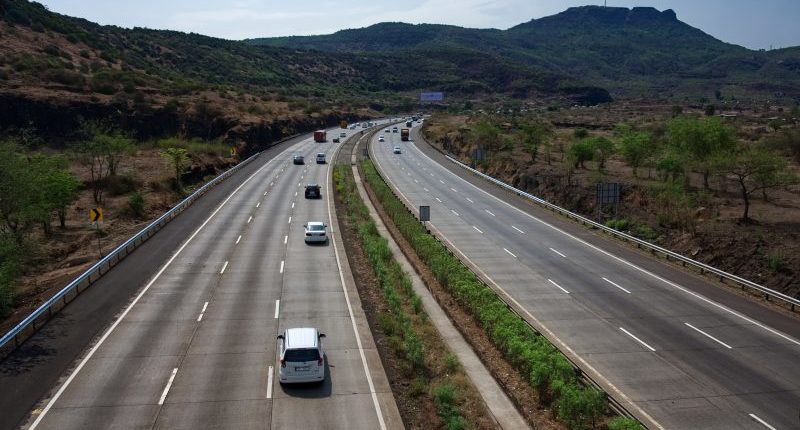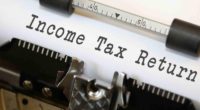Employers compensate for the travel expenses incurred by the employees for travelling between their office and place of residence. This compensation is called the transport allowance and is generally paid in the monthly salary.
A tax on the income earned in the form of salary is calculated by the employer and is paid on behalf of the employee by deducting TDS (Tax Deducted at Source) at the applicable rates. To avoid TDS, the taxpayers claim deductions by making tax-saving investments.
Also Read: Tax Deduction on Electric Vehicles: Boon or Bane?
What are Transport and Conveyance Allowances?
Section 80C of the Income Tax Act, 1961 defines the transport allowance as follows:
- The allowance extended by an employer to an employee to cover for the expenses made on commuting between their office and the place of residence.
- The allowance extended by an employer to an employee working in the transport business to cover personal expenses incurred when travelling from one place to another, provided that the employee is not receiving daily allowances.
Section 80C of the Income Tax Act, 1961 defines the conveyance allowance as follows:
- The allowance offered for employees to cover personal expenditures when they travel on official duties between two places.
- Section 80C of the Income Tax Act, 1961 defines the other transport allowance as follows:
- The allowances paid to cover the cost of transportation on an official tour or when transferred. If the employee is offered with transport support, then the employer shall not pay such allowances to the employees.
Transport Allowance Taxability for FY 2018-19
It was amended in the Budget 2018 to offer taxpayers a standard deduction of Rs 40,000 by withdrawing the tax exemption on transport allowance of up to Rs 1,600 a month. Hence, the transport allowance is now fully taxable. Physically handicapped taxpayers are provided with certain exceptions.
If a taxpayer is blind, deaf, dumb, or orthopedically handicapped, then the transport allowance of up to Rs 3,200 per month is treated as tax-free. Conveyance and other transport allowances are not subject to taxation if it does not exceed the expenditure incurred.
Engineer by qualification, financial writer by choice. I am always open to learning new things.





